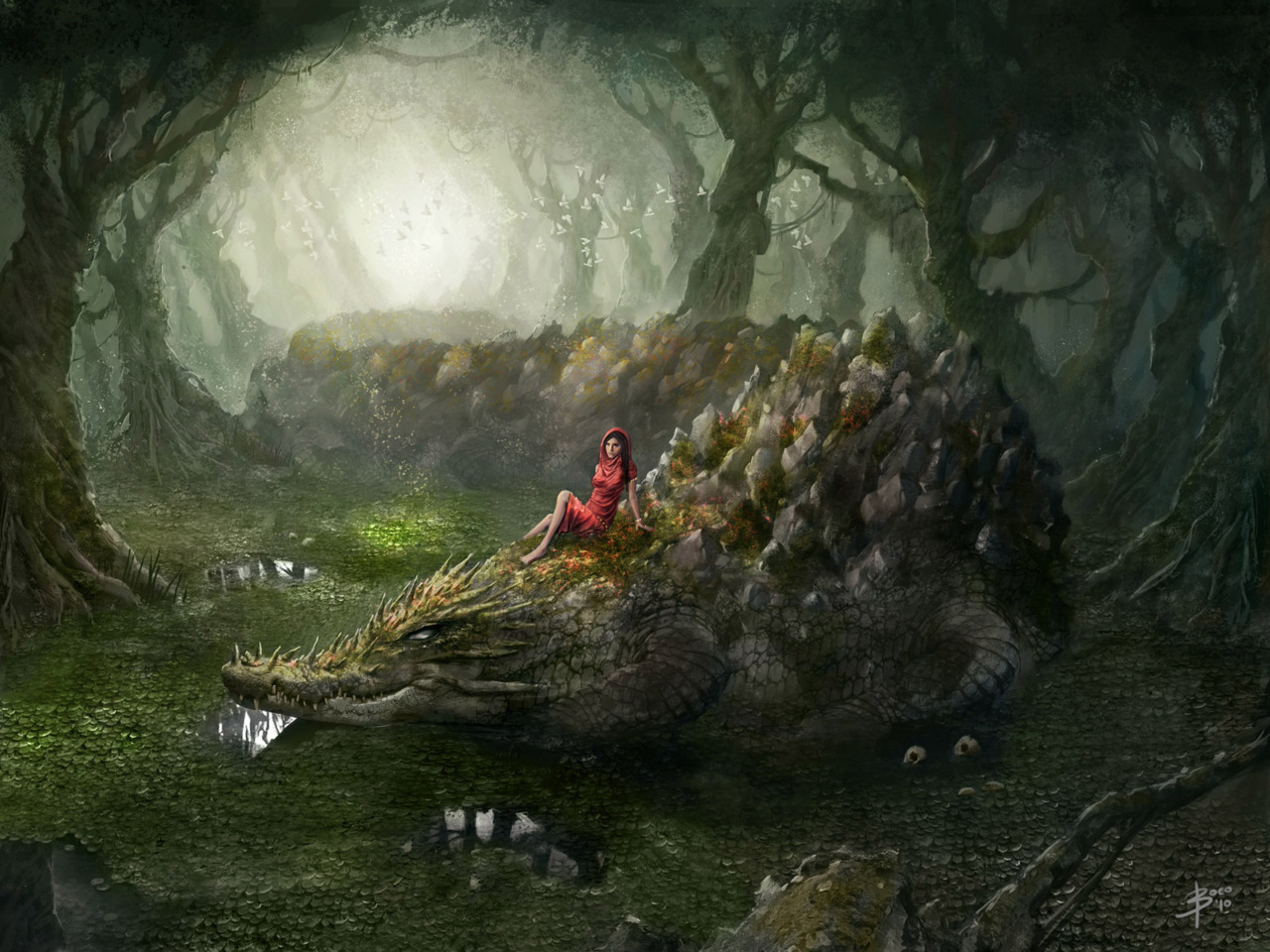 |
| This image is Wizzzargh's Fault |
Here's the insane result! Making it was fun!
I gave them names! And I've been playing lots of Cult Simulator so that inspired a lot of these.
Eightfold Goddess - The Creator and Great Weaver of All. She who granted form to The Eight.
The First Wards: Also called Mud-To-Bricks. Individually, they are called Volcana the Hammer, Hestia the Forge, and Brigid the Smith
The Gates of Death: Each Door is it's own Aspect: Keidara of the Lock and Roshan the Unbroken
Dagr, The Noon-Blaze: Eye of the Weaver, Hour of Life and Death
Noxia, The Unceasing Wind: She-Of-Calamities
Lethe, The UnMind: The Cave-dweller, The Blank Slate
Kleros, The Blindfolded Archer: Who's Arrows Fall Where They Will
Settu, The Stray: The Darkened Claw, Dances-In-Shade
Euphos, The Guardian: The Unbroken Shield, The Great Protector
Euphos, The Guardian: The Unbroken Shield, The Great Protector
So breaking out the relationship dice rolls from here a bit more also gives some lore inspiration.
- The First Wards and Noxia rolled an 11 on the relationship table, which is "A single designer child". It's obviously pretty interesting that Construction and Destruction got paired up in such a way, so I think the myth is something like this:
"In the Earliest Days of the Eight, a Prophecy was whispered into the ears of Noxia and each Ward, promising them a Great Ally for their Aspect would be born by combining their essences. Each agreed, and Unceasing Wind fed part of herself willingly to the Wards, but not before her sharp winds cut each of those Three. The cuts from the Wards intermingled with the forge-worked Winds to create Ickorus, The Blood of Gods - The Gates of Death and Lethe rolled an 8, which is Unhappily Married. Despite that they rolled the maximum possible amount of offspring with each other and each have one Fling with a different god. I already had begun to think of Lethe as somewhat monstrous or dangerous, so perhaps their "Marriage" is actually that The Gates of Death also imprison Lethe in some sort of divine cave? Maybe there might be a sort-of Stockholm syndrome going on.
- The Gates of Death had their affair with Euphos, the Soldier god. I think that Euphos and Roshan are attracted to each other's Fortitude and strength, but that their union creates Xashur, god of Pestilence, who is personified as a literal soldier of death.
- Lethe had their affair with Dagr, the Day god. I think their "affair" may be less a result of mutual attraction and more "One Time Lethe Left Her Cave Prison And Day Had To Put Her Back" and it probably involved Dagr burning Lethe to cause the Cave-dweller to shed her "Skin" and weaving two aspects of leadership. Those twins would become Gwynvold and Nymenche, "The Crown and Sceptre" and probably lead Lethe back to the Underworld somehow.
- The "Children" of The Gates of Death and Lethe probably each have their own Myth but I'm guessing that they all involve some variation of Lethe having various accidents you might expect from a goddess of ignorance.
- Dagr and Settu rolled a 4, which is "Bitter Rivals". Lore-wise, I think this might explain why so many animals are nocturnal in this setting. They had a single child despite their rivalry though, who is the triple-god of Charity of all things. I'll have to think about this one more later but I'll call them Za-Ket
- Finally, Kleros and Euphos rolled a 3, which is "Passionate Lovers". I think this may indicate that Soldiers tend to enjoy gambling quite a bit in this setting, and of course speaks to the inherent risk involved in each martial conflict a soldier takes part in. Also I'm going to give Kleros a bow made by Euphos as a gift, hence her moniker of "Blindfolded Archer". I'll call the bow Skoletos. Their pairing results in four additional deities.
So to wrap up this blog post, I'll summarize the second generation god names and maybe cover their relationships in a future post.
Xashur, Warrior of Decay: Sword of Plague
Gwynvold and Nymenche, "The Crown and Sceptre"
Ickorus, Blood of the Gods
Kalvores, The Riders
Ferralocke, The Conception and Birth
Sagaheim, The Book-Keeper
Za-Ket, The Three Faces of Giving
Nilarm and Baskarr, "The Flood and Blossom"
Ursck - "The Mother's Rage"
"______" - (Nameless god of Silence)
Rag-Kios - "Justice of the Gods"






